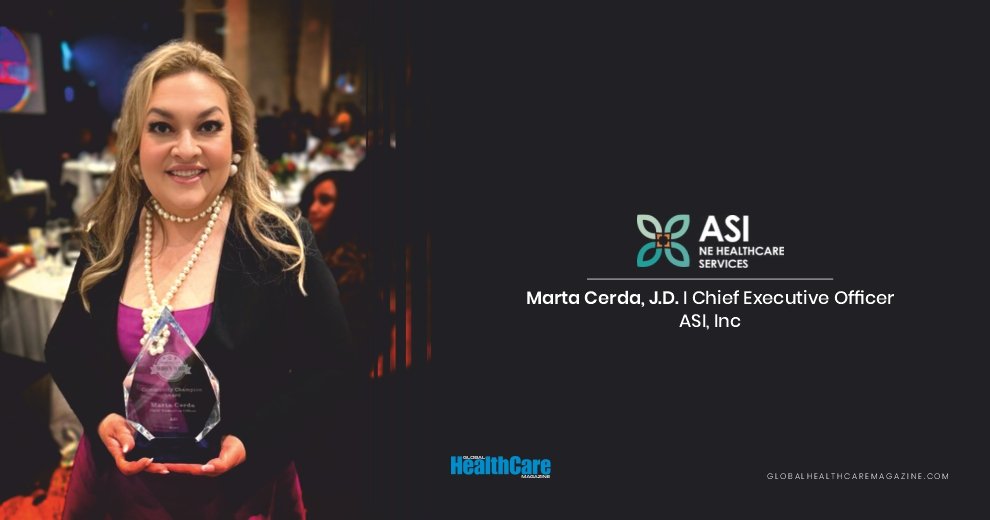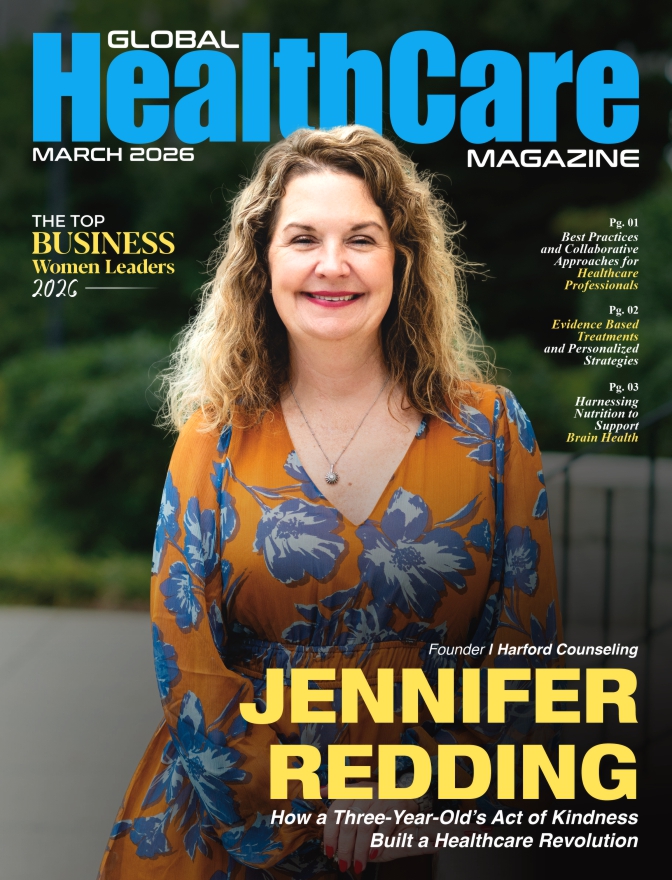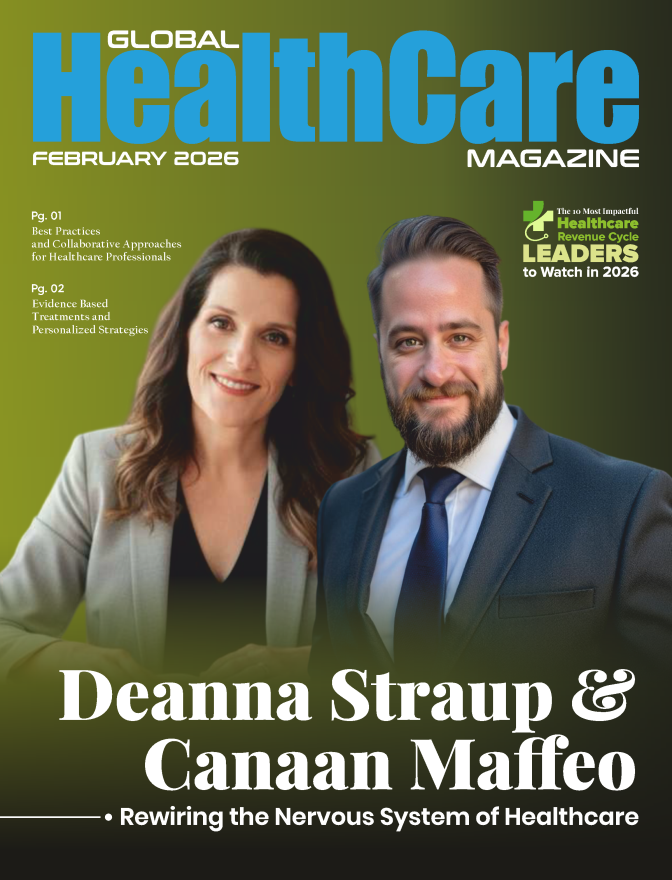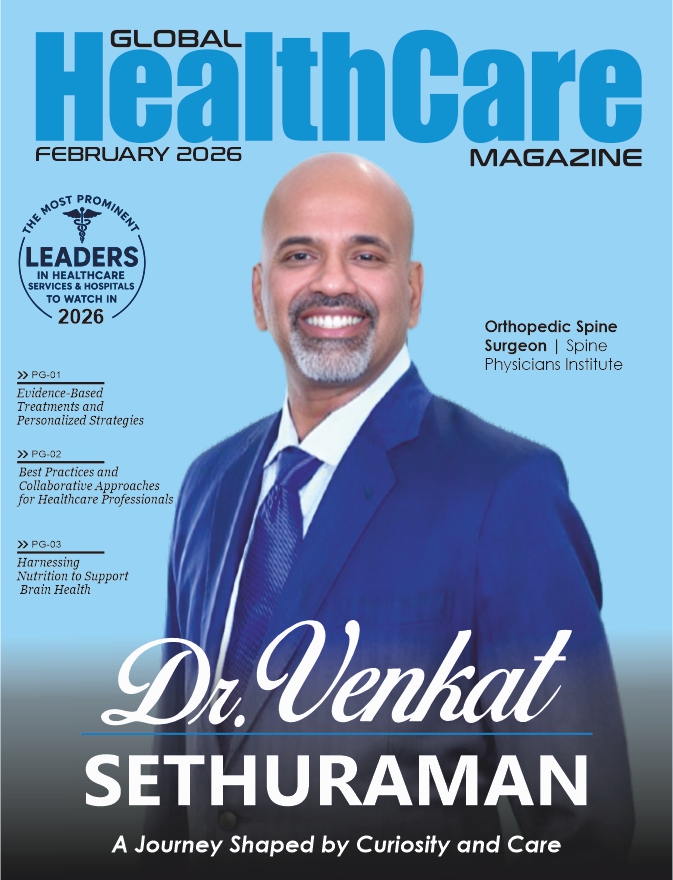Some people find their perspective at the top of a mountain. For Marta Cerda, J.D. it’s found by jumping off of one. Paragliding, she says, is an “exhilarating and fun experience,” a thrilling moment of controlled flight high above the world. It’s an act that requires a deep trust in the invisible currents of the air, a clear understanding of the equipment that keeps you aloft, and the courage to take a leap. It is, in many ways, a perfect metaphor for her professional life.
When Marta took the helm at ASI, Inc., she found herself at the bottom of what she calls an “insurmountable mountain.” The situation was critical. The healthcare organization, founded in 1975, had become a “tableau of neglect.” To walk through its offices was to step back in time. There was no internet, a foundational tool of the modern world. There were only a few computers, artifacts of a bygone era. The staff, dedicated but disconnected, were largely digitally illiterate, unable to leverage the tools that could make their work more efficient and impactful. The company was on the verge of collapse, its vital mission of serving the community hanging by a thread.
This is where many leaders would see only an impossible, chaotic descent. However, for Marta, a woman whose personal mantra is to “be unstoppable,” it was simply a different kind of mountain to ascend. Her response wasn’t panic; it was a methodical, strategic, and deeply human-focused climb that would not only save the organization but transform it into a national model for equitable healthcare. Her story is a testament to the idea that the most powerful force in business isn’t just strategy or capital, but a leader’s unshakable commitment to a mission.
A Thread of Access
To understand Marta Cerda’s relentless drive, you have to look at the single, powerful “thread that has been woven throughout” her entire career: a deep-rooted commitment to removing barriers to access. Long before she entered a healthcare boardroom, she was immersed in the worlds of supplier diversity and workforce development. There, her mission was the same, just in a different context: creating pathways for people who had been systematically shut out. She worked to connect minority-owned businesses with contracts they deserved but could never secure, and built job training programs where none existed; giving people the skills they needed for meaningful employment and economic stability.
It was through this work on the front lines of economic justice that Marta had a profound epiphany. She witnessed firsthand the persistent, life-altering disparities that followed the very communities she was trying to lift up, particularly the Latine and African American populations. She saw that a good job, a thriving business, or a solid education could all be undone by a single health crisis in a system that was not built for them. “I recognized that a community could not exist without equitable access to quality care,” Marta recalls. That realization ignited her lifelong commitment, leading her to dedicate the full force of her career to transforming systems and building pathways to health and healing for the most vulnerable. When she arrived at ASI, she wasn’t just taking a job; she was stepping into the ultimate expression of her life’s work.
The Architect of Dignity
The first steps up the insurmountable mountain at ASI were tactical and immediate. Marta performed a swift but thorough assessment of the organization’s strengths, weaknesses, and opportunities. She quickly brought in an information technology team to pull the organization into the 21st century, installing internet access, and providing the necessary hardware and software. Then, addressing the human side of the digital divide, she partnered with St. Augustine College to provide the essential training services needed to upskill her workforce, turning apprehension into empowerment. Despite facing “voices of dissent from within and out in the community,” she persevered, her vision fixed on the future.
From that foundation of stability, Marta began to build. Her leadership transformed ASI and its subsidiary, NE Healthcare Services, from a traditional home care agency into an innovative, mission-driven organization offering a full continuum of care. Today, ASI provides everything from home health and in-home behavioral health to insurance navigation and transitional care coordination, ensuring clients receive comprehensive, uninterrupted support at every stage.
What sets the organization apart is its intentional investment in three key areas: digital innovation, workforce upskilling, and culturally competent service delivery. Marta’s focus on competitive advantages led to the early adoption of telehealth in 2017 to monitor hospital patients and ensure compliance with discharge instructions. This foresight proved prescient. When the COVID-19 pandemic hit in 2020, ASI was not scrambling to adapt; they were prepared, seamlessly providing telehealth services to hospital patients in a time of global crisis. The organization is deeply committed to serving Latine and African American communities, empowering its care teams through ongoing training, bilingual support, and strong community partnerships, a holistic, data-driven model designed to close critical gaps in care.
The Advocate in the Boardroom
Marta understands that true, lasting change requires more than transforming a single organization. It demands bold policy reform and systemic change. Her training at institutions like the Harvard School of Government and the Center for Creative Leadership prepared her not just to manage, but to advocate. “We must expand access to universal healthcare coverage,” she states, calling for meaningful incentives for providers to serve in marginalized communities and for reimbursement structures that support preventative, community-based care.
At the provider level, Marta champions workforce diversity, language access, and embedding cultural humility into service delivery. It’s a model she has put into practice. During the early days of the COVID-19 pandemic, ASI leveraged Community Health Workers to provide vital health information to the “hardly reached,” a model she continues to use and believes needs more investment.
Marta’s advocacy is not just theoretical; it’s a battle she has waged personally in the highest-stakes environments. “Like many women of color in leadership, I’ve faced the dual challenge of navigating systemic barriers while being expected to overperform,” she shares. She recounts serving on the board of a hospital that was in a dire state, with only eight days of cash on hand, selling off its property, and lacking quality administrative leaders. In a room where resignation may have been setting in, she refused to be silent. “I lifted up my voice to demand change to avoid the hospital’s closure,” Marta says. Her voice, backed by two decades of experience in not-for-profit oversight, was heard. New leadership was brought in, the hospital was turned around, and she was later elevated to Chair of the board. For Marta, every obstacle is an opportunity to push for broader change.
“We Rise by Lifting Others”
Collaboration, Marta believes, is the “cornerstone” of impact. Her leadership style is rooted in empathy, empowerment, and a clear sense of purpose. She builds strategic partnerships with hospitals, insurers, community organizations, and educational institutions like Lewis University, which provides training for her workforce. She approaches each relationship with transparency, shared vision, and mutual respect, always guided by a simple question that cuts through bureaucracy and closes gaps in communication: “Who is missing? Who needs to be heard?”.
This philosophy, encapsulated by Marta’s guiding principle, “We rise by lifting others,” defines how she leads and how she measures success. Her metrics go beyond clinical outcomes to include the dignity and satisfaction of those she serves. ASI tracks client and employee satisfaction surveys, health improvement indicators, hospital readmission rates, and workforce retention, using the data to ensure accountability to their mission of equitable, person-centered care.
This leader of complex systems is also a woman who finds joy and rejuvenation in the world outside the boardroom. Her love of adventure, whitewater rafting, kayaking, and hiking, speaks to a spirit that embraces challenge and navigates turbulence with skill and excitement. As a former bassoonist, her enjoyment of the Chicago Symphony reflects an appreciation for how many individual parts must work in harmony to create something beautiful—a perfect analogue for team leadership.
The One-Stop Shop for Hope
Now, Marta Cerda is embarking on her most ambitious project yet. Her future is focused on “expansion with intention,” scaling ASI’s continuum-of-care model and deepening its digital health offerings with AI-informed care coordination. The centerpiece of this vision is a new health equity innovation lab and corporate headquarters. This isn’t just a building; it is a community hub designed to co-locate multiple economic development, workforce development, healthcare, and community partners to provide integrated case management.
It will be, in Marta’s words, a “one-stop shop of wraparound services” designed to shift entire underinvested neighborhoods from a state of surviving to one of thriving. It is the ultimate expression of her life’s work—a physical manifestation of removing barriers, a place built on the belief that we all rise together. For the unstoppable woman who once stood at the bottom of a mountain of neglect, this is what the view from the summit looks like.
Quotes

Also read: The Most Inspiring Women Leaders in Healthcare 2025













